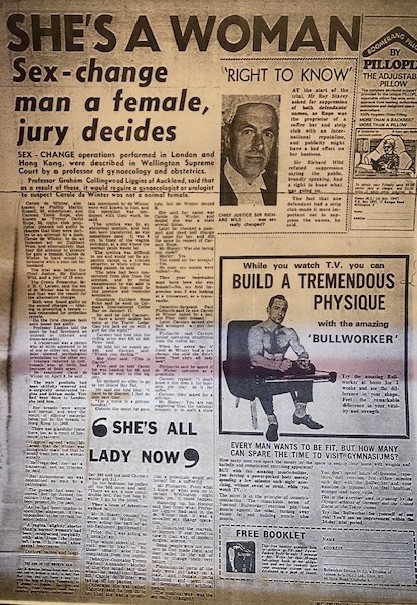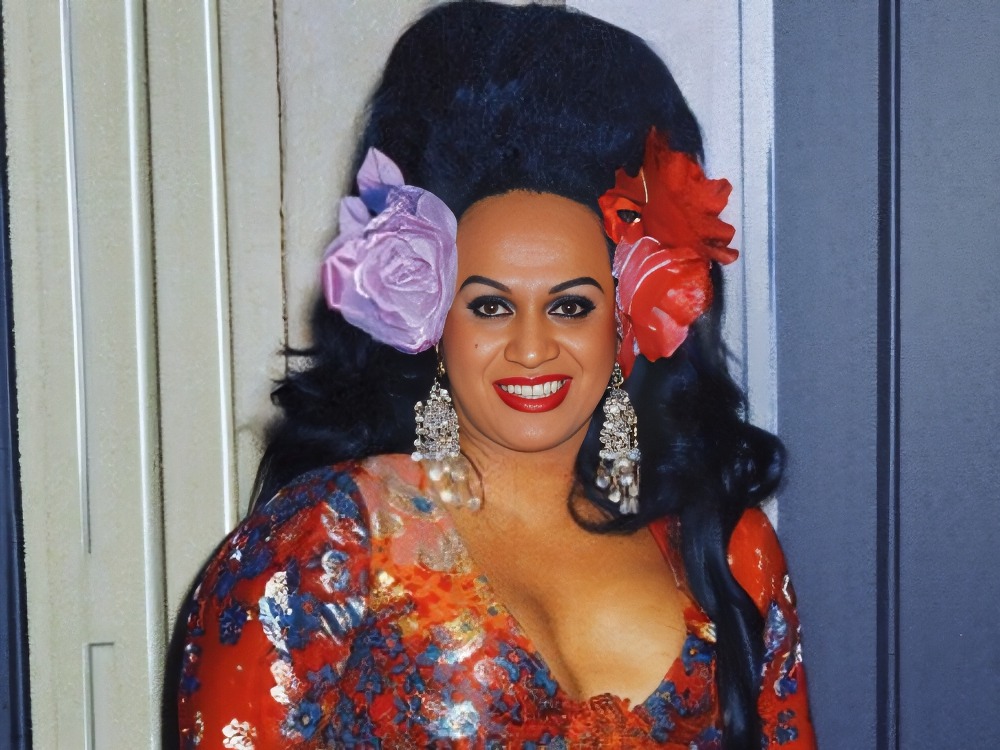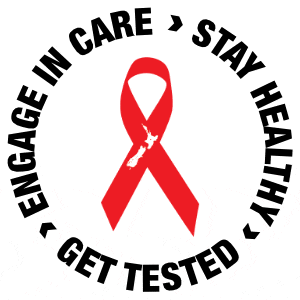Jacquie Grant ONZM revisits 1974 and NZ’s progressive legacy for trans rights as Aotearoa’s legal precedent faces political challenge from Winston Peters.
Could such a thing happen in Aotearoa? It already has in the United Kingdom—trans women are no longer classified as female under the law. Authorities maintain that protections against discrimination remain, but to me, that feels contradictory.
What harm does it do when someone identifies as trans? Why oppose it at all?
In my view, trans women, like cisgender women, have life experiences that entitle them to be called women. Yet we’re now seeing rhetoric from the UK echoed in the United States and even here in New Zealand—particularly with Winston Peters’ new ballot proposal. It feels disturbingly familiar. Ninety-five years ago, Jews were targeted. Today, it’s trans people.

So, could this shift happen here? To answer that, we must look at recent Rainbow history.
In 2008, the New Zealand Human Rights Commission undertook an inquiry titled To Be Who I Am. It emerged at a time when the theory of a gender continuum was gaining traction—the idea being that we all exist along a spectrum, sharing more similarities than differences. This theory equated post-operative trans people with those who chose not to medically transition, and even with heterosexual men who cross-dress as a fetish.
In my opinion, the inquiry’s outcome was driven by commissioners with a specific agenda. Public hearings invited community submissions. Many of us who identified as ‘transsexual’ voiced opposition to being grouped within this broad continuum. We asked to be recognised as transsexual—pre- or post-operative—based on our lived experience. But we were told that term was outdated and should no longer be used.
I warned then, as did others, that the inclusion of all gender-diverse identities under one umbrella could undermine the specific progress we had fought so hard to achieve.
I told the commissioners that many of us post-operative trans people had already secured legal protections. We wanted to live as ordinary citizens—seen neither as drag queens nor cross-dressers—without being lumped into a growing list of identities.
Let me be clear: I don’t have a problem with anyone on that continuum. If people aren’t harming others, they should live how they choose. My issue lies with how these differences can have unintended consequences for those of us who fought for legal recognition.
I reminded the inquiry that, at the time, post-op trans women were legally considered female. That was something they didn’t seem to want to hear.
This recognition traces back to a 1974 Wellington High Court case involving the late Carmen Rupe and Carol De Winter. Carol, a sex-worker employee of Carmen’s, was caught up in a sting operation involving an undercover officer. Despite homosexuality still being criminalised then, the trial ultimately set a legal precedent.
Professor Graham Liggins, who performed New Zealand’s first so-called “sex change” surgery, gave evidence. The resulting judgment—that post-op trans women were women—was never appealed and remains part of our case law.
Winston Peters’ new ballot will have a difficult time challenging that precedent—more than fifty years later. It’s ironic that the term ‘transsexual’—so often criticised—could now protect a section of the Rainbow community.
The recent changes to the definition of a woman in the UK represent a backwards step. By contrast, what happened in Wellington in 1974 was ahead of its time.
I hope this hateful rhetoric soon fades from popularity and that we never again have to argue that trans women are women.





























